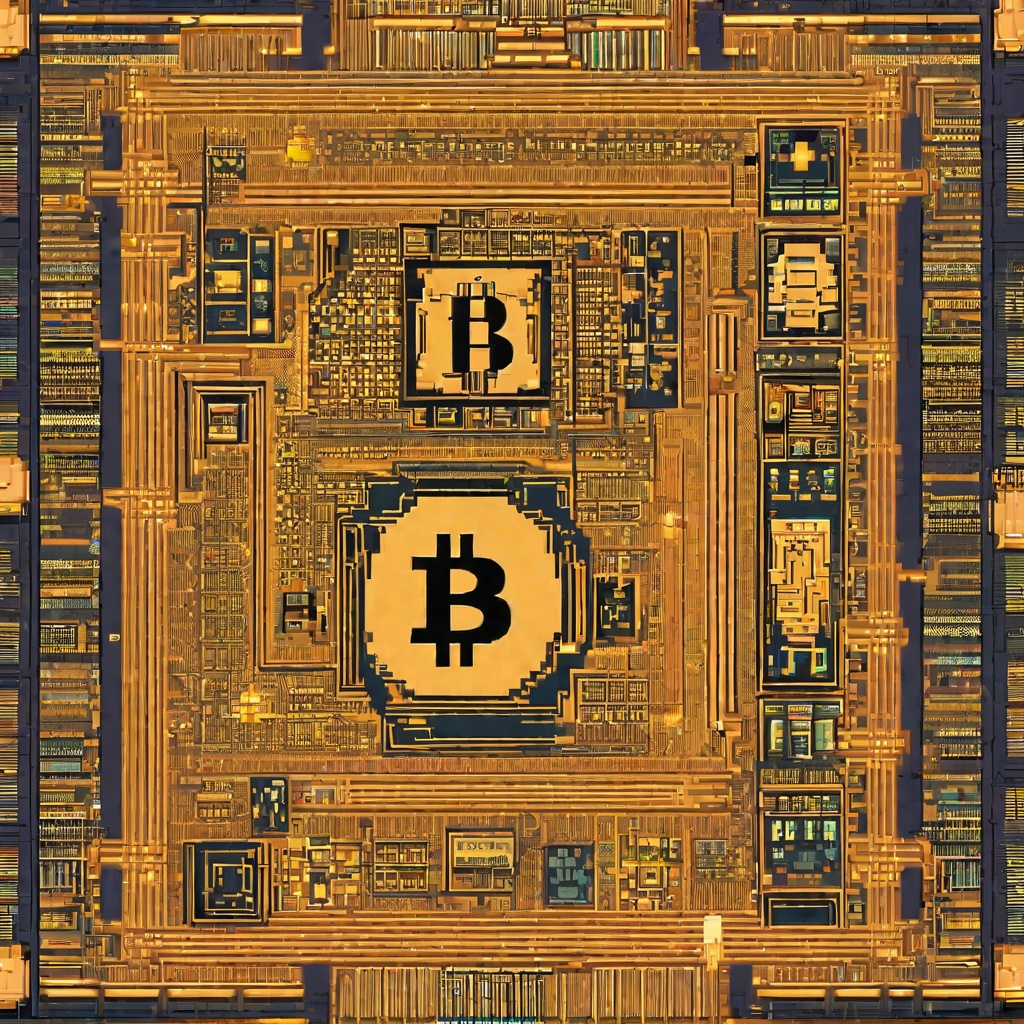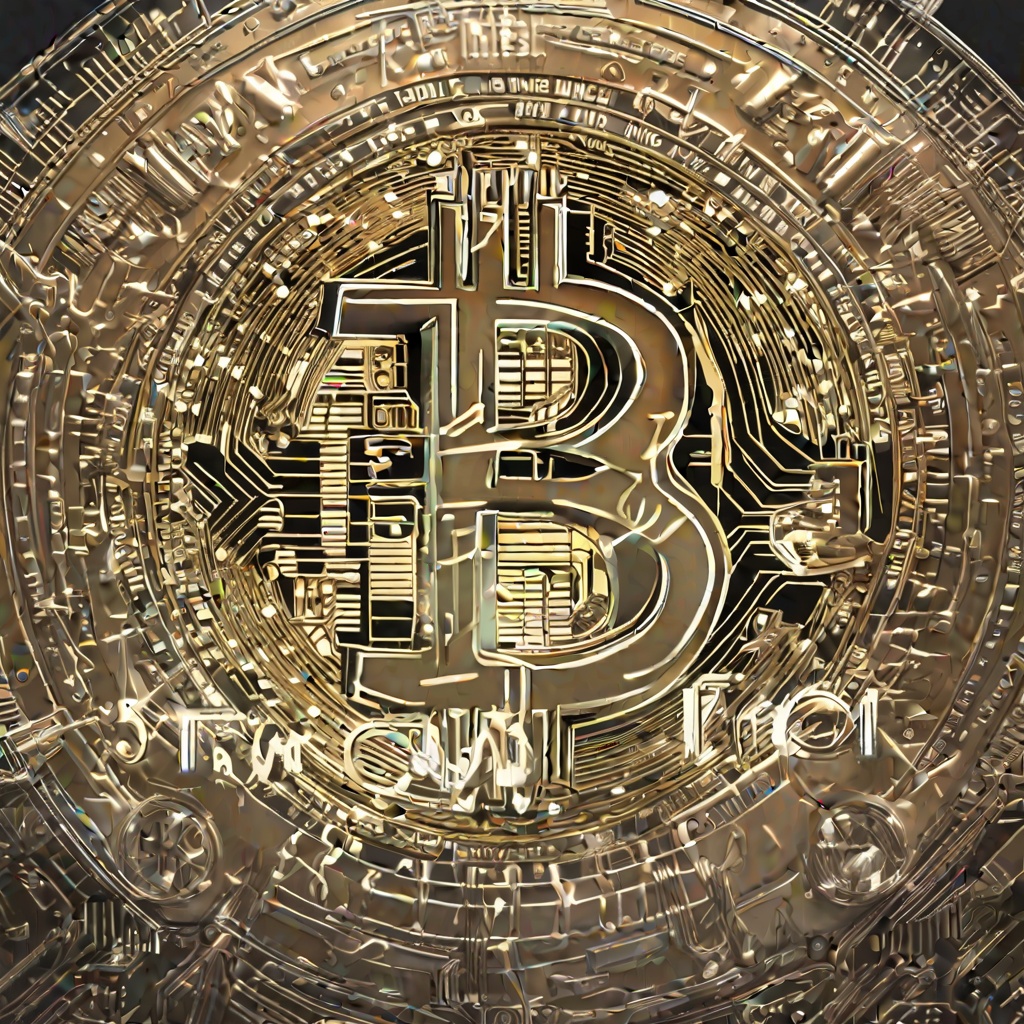Who receives the money from ICO?
In the realm of cryptocurrency and finance, the question of "Who receives the money from an Initial Coin Offering (ICO)?" often arises. To understand this, let's delve into the core concept of an ICO. During an ICO, a new project or venture releases digital tokens, usually on a blockchain, in exchange for cryptocurrencies like Bitcoin or Ethereum. These tokens can represent various things, such as access to a platform's services, voting rights, or even ownership in the company. Now, regarding who receives the funds from these transactions, typically, the founding team or development group behind the ICO receives the money raised. This capital is then used to fund the project's development, marketing, operations, and any other associated expenses. So, in summary, the money from an ICO goes directly to the creators and backers of the new cryptocurrency or blockchain-based project.

Should I invest in ICO?
Good day, esteemed investor. As a keen observer of the cryptosphere, you must be aware of the buzz surrounding Initial Coin Offerings (ICOs). They seem to be the next big thing in the crypto world, promising massive returns to early investors. But the question remains: Should you invest in an ICO? While the potential upside is undoubtedly attractive, there are also significant risks involved. ICOs are unregulated, meaning there's little to no oversight or protection for investors. Additionally, many ICOs fail to deliver on their promises, resulting in investors losing their hard-earned money. So, before you dive in, it's crucial to do your research thoroughly. Ask yourself: Does the project have a solid team behind it? Does it have a clear roadmap and realistic goals? Are there any red flags that suggest it could be a scam? Only by answering these questions can you make an informed decision about whether an ICO is right for you. What are your thoughts?

How to make money on ICO?
As a cryptocurrency enthusiast, I'm curious about how one can potentially make money through Initial Coin Offerings (ICOs). Could you elaborate on the key strategies and considerations for successful ICO investments? Specifically, what factors should I consider when evaluating an ICO, such as the team's background, the project's potential, market demand, and token economics? Are there any common pitfalls that investors should avoid? Additionally, could you provide some tips on managing risks and allocating funds in order to optimize potential returns? Thank you for your insights.

How do I start ICO?
For those new to the cryptocurrency world, initiating an Initial Coin Offering (ICO) can seem like a daunting task. So, how does one embark on this journey? Firstly, it's crucial to have a clear understanding of your project's vision and objectives. Developing a whitepaper that outlines your project's goals, tokenomics, and roadmap is vital. Secondly, you'll need to create a strong team with diverse skillsets. Building trust with potential investors is key, so having a transparent team structure and experienced advisors can boost confidence. Next, consider the legal and regulatory aspects. Ensure you comply with all relevant laws and regulations in your jurisdiction. Marketing your ICO is also essential. Leverage social media, crypto communities, and influencers to spread awareness. Finally, ensure you have a secure and user-friendly platform to conduct your ICO. Remember, a successful ICO requires careful planning, execution, and a commitment to transparency.

Is ethereum an ICO?
Excuse me, could you elaborate on the statement "Is ethereum an ICO?" As a cryptocurrency practitioner, I understand that Ethereum is a decentralized blockchain platform that enables smart contracts and decentralized applications to be built and run without any downtime, fraud, censorship, or third-party interference. On the other hand, an Initial Coin Offering (ICO) refers to a fundraising method in which new projects sell their underlying crypto tokens in exchange for bitcoins or other cryptocurrencies. Could you clarify if you're referring to Ethereum's native token, Ether (ETH), which was initially distributed through a presale in 2014, or are you asking about Ethereum itself as a platform being an ICO? Clarifying this distinction would help me provide a more accurate answer.

